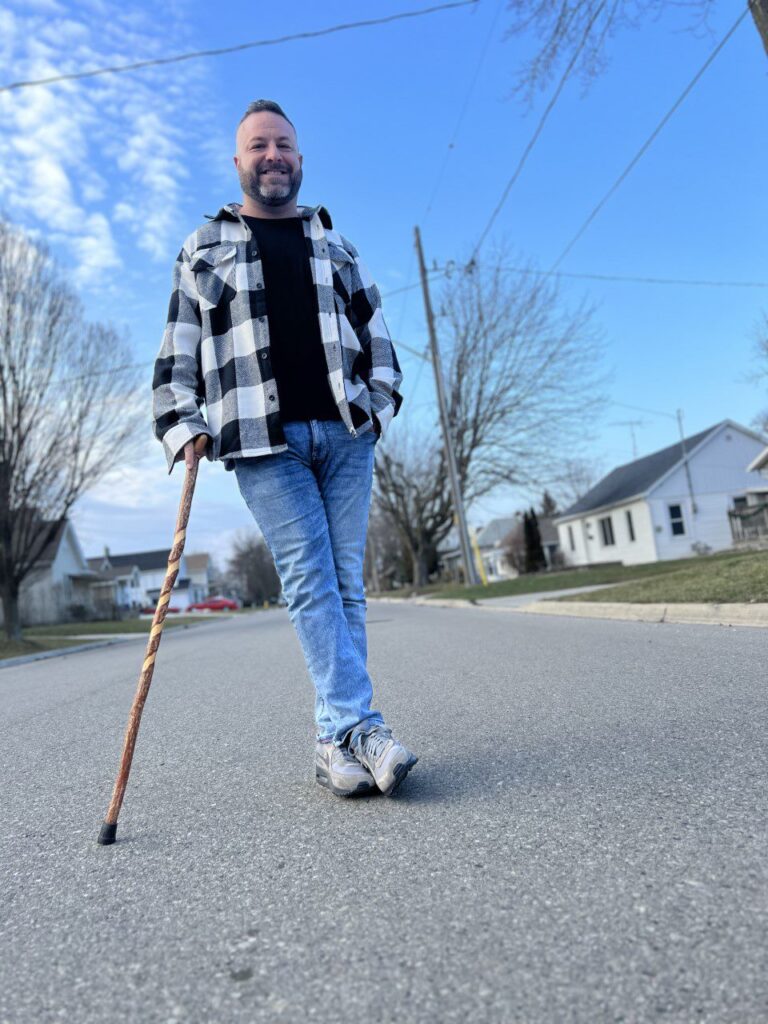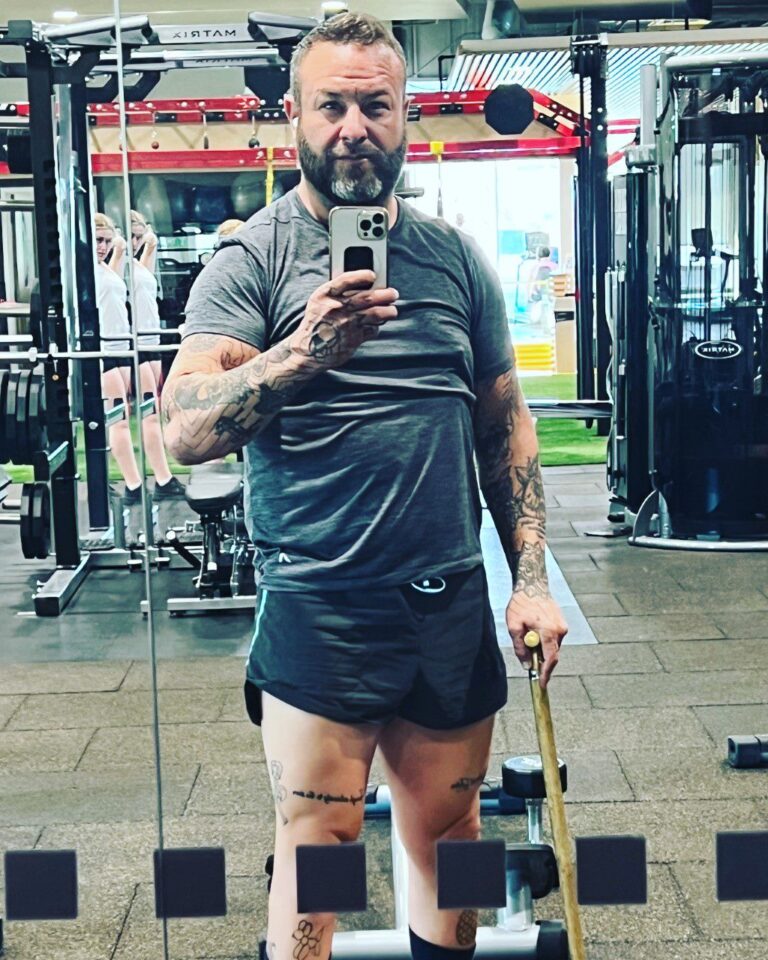September is Spinal Cord Injury Month, and we are recognizing all the work that the Spinal Cord Injury of Ontario (SCIO) does for people with these types of injuries. SCIO has been one of Federated Health’s 21 participating charities since 1984.
Having a spinal cord injury can cause a rest of lifetime situation that requires a great deal of mental and physical resilience. And there are different things that may be of help to different people. Just one of the ways to cope better is through exercise.
Words of advice from SCIO: as Fall approaches, for those with a SCI, it is a good time to think about ways to start, re-start or maintain a regular exercise program, especially if you are recently injured. You may feel it’s hard enough just living and getting around, but exercise is vital to maintaining good health after injury and is, in fact, more important than pre-injury.
And what are those benefits? They include:
- Reducing depression and improving your state of mind. Post injury, the more people find they can do, the more they feel life is returning to a new normal.
- Helping reduce other health issues such as chronic pain and osteoporosis as exercise helps to build muscle, improve lung capacity, increase blood circulation as well as improve self-confidence and independence.
Obviously, prior to commencing any new program, a person with a SCI should consult with trained professionals to work out a program that suits them best.
Exercises best suited could include:
- seated aerobics or yoga
- swimming or water aerobics
- rowing or kayaking
- gym exercising with weights or exercise machines
- team wheelchair sports such as basketball (better known as adaptive athletics.)
SCIO also has a wonderful story from a person who got a SCI and his climb back to a life he and his family could live with.

Dustin’s story
Dustin is a father of two from Ridgetown, Ontario who got into a single vehicle collision seven years ago, where he sustained an incomplete SCI. Prior to this he remembers being the party guy; the person everyone would go to for a good time. Alcohol, hard drugs and prescription pills crept into his routine, making them difficult to escape and this was exacerbated by his SCI.
While in the hospital recovering, he experienced a period of intense struggle and self-pity. Upon re-entering the community, he moved into his own apartment, where his addiction intensified with the decline of his mental health. He used a wheelchair for the first bit of his journey, and three years post-injury, he overdosed and was arrested.
In 2018, Dustin’s path would drastically begin to shift. His addiction, amplified by the new disability had made him unrecognizable to people in his community. A neighbour reached out and got him to visit her husband who was a doctor. “He simply looked me in the eyes and said ‘I am here to help you live life. But I am not here to help you die. You are taking up valuable space and you need to want to get better.’”

Dustin listened, sobered up and discovered the power of exercise and movement. He realized he didn’t like being overweight and began to work out. As well, he swam thousands of kilometers, across ponds and lakes close to home. He also got a bicycle, which changed his life.
Today, Dustin walks with a cane. Although he still experiences challenges from living with an SCI, he long distance bikes and continues to raise awareness of addiction and mental health by sharing his story with others. “The moment I started speaking out about it, people started reaching out and I was blown away. I was able to help others.”
He is also training to bike across Canada to bring awareness to addiction, mental health and SCI. “I have a team coming with me, and if I get to the starting line, I’ve already won,” he says. He hopes to one day build a foundation but is firm on not making plans for the future, and focusing instead on his day-to-day journey.
“Reach out to others if you’re struggling,” he says, “Talk to everybody. Don’t try to figure it out on your own. Family and loves ones are going through it with you. Stay connected. Never fall out; everybody needs support. The best thing I’ve done is choosing to live.”







